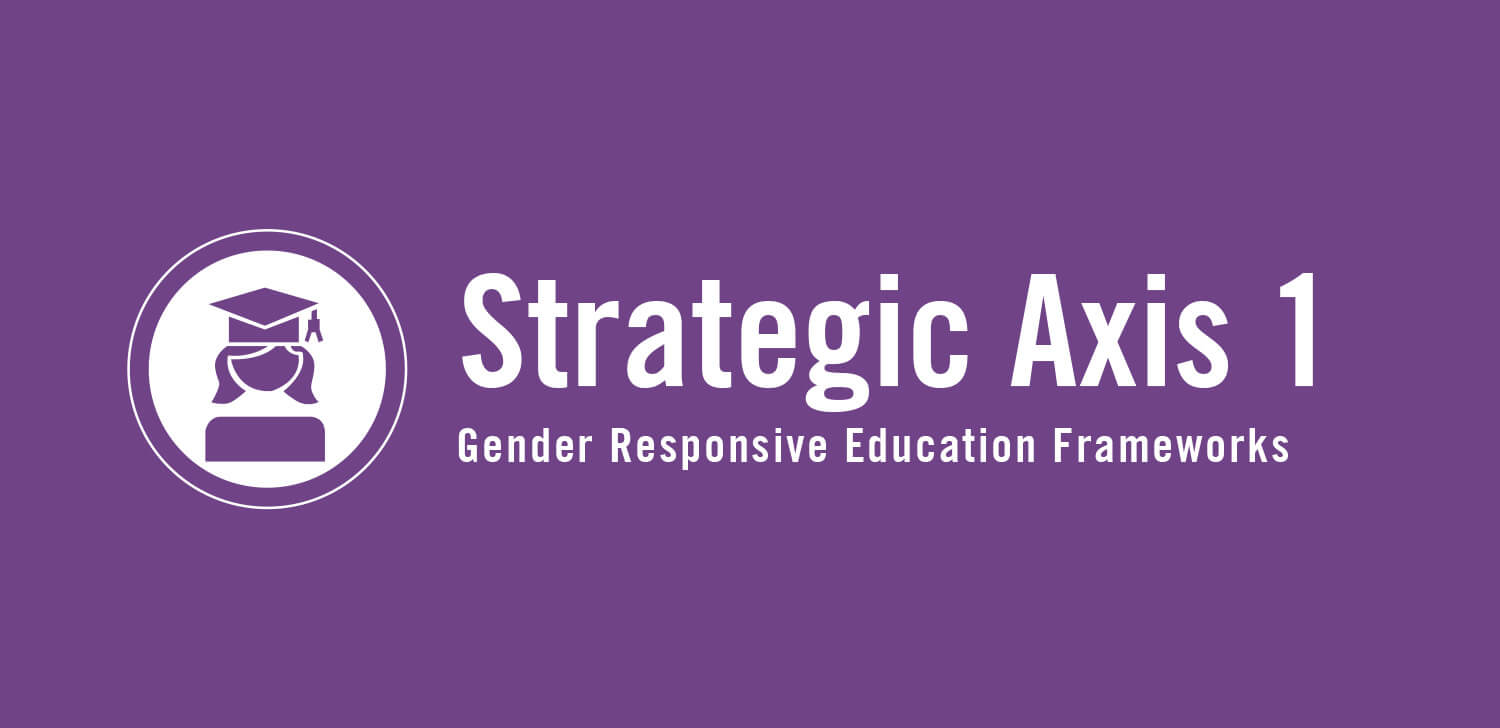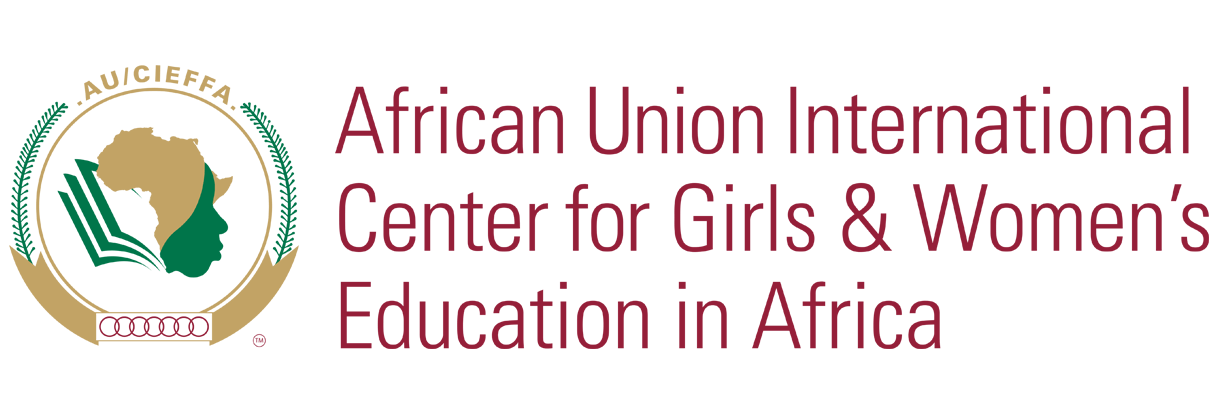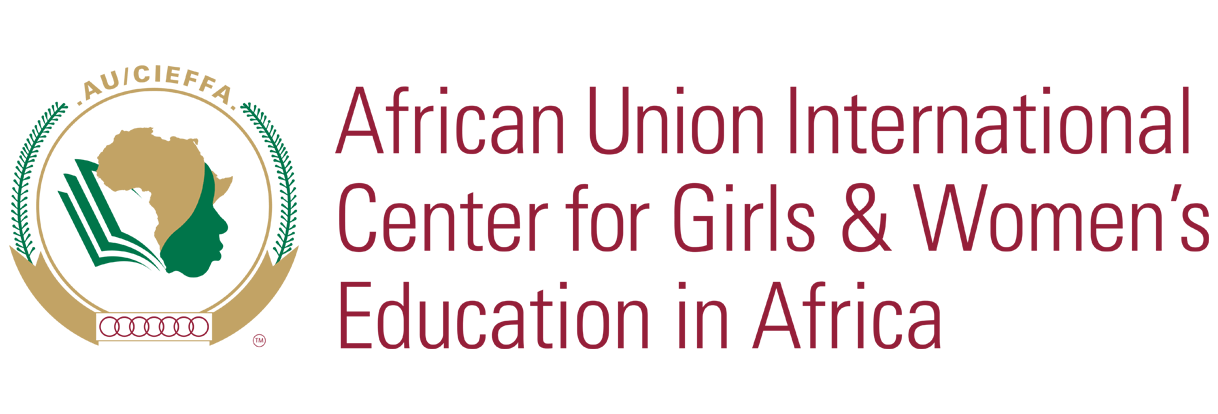Strategic Axis 1 : Gender Responsive Education Frameworks

Gender Responsive Education Frameworks, comprising both gender policies and practices, remain the most crucial axis in enabling the main theme of this Strategic Plan. This axis refreshes the intentions spelt under the Gender Equality Strategy for the Continental Education Strategy for Africa (GES4CESA) for African Member States to adhere to the guiding values and principles of the AU gender policy and the need to create gender responsive education policies and plans that place gender equality at the heart of education provision. In addition, efforts were made in the previous Strategy in regards to the development of the GES4CESA, which needs a follow-up leading into a roll-out by MS and their partners in view of incorporation of gender equality strategic outcomes into relevant education sector plans (ESPs). This activity will involve the support of civil society organizations (CSOs), respectively.
During the next 5 years, AU/CIEFFA will be monitoring the implementation and reinforcement
of legal frameworks by Member States on girls and women’s education (GWE). This will involve support from RECs and partners in ensuring that the voices of the girls and women are heard in influencing policy change. Gender-responsive education policies have as aim to mitigate against increased risk of teenage sexual abuse and pregnancy. The monitoring of existing sex education provision to girls and boys will determine its effectiveness and areas of improvement in the African education system.
In support of the many out-of-school girls who may not be able to return to school, education policies should also respond to their needs by extending curricula opportunities for condensed (short term) learning packages, which include entrepreneurship, digital and financial literacy. The generated desired impact is for future gender relations to acquire a shift in attitudes, beliefs and practices of male and female populations towards achieving gender equality and ‘creating’ gender intelligent human populations that grow up respecting one another and recognizing the crucial role that both can play in achieving gender equality.
The documented data obtained through AU/CIEFFA support will assist Governments to reinforce their commitment, coupled with gender intelligent strategies and actions. In remaining relevant to the global, continental and country context labour market demand, African girls and women must gain skills and competencies on the go, given their multi-tasking roles, wherever they are.







